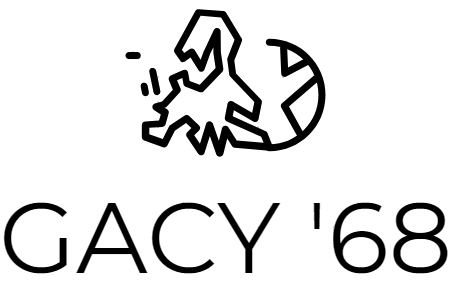Peter Marko for GACY’68
Story of Peter Marko
The film presents a suggestive narrative of a man seeking his place in the sun. Through the memories of small details of everyday life and the joyful and painful moments, Peter Marko (1937) draws a picture of an era interlaced with psychologism. Questions about the human identity and memory, attitudes towards life, values, and questions of guilt and forgiveness emerge repeatedly as the leitmotif of his story. He is interested to know their importance in making decisions regarding difficult life situations, as well as their confrontation with collective identity and memory. The film is not only a collection of personal memories, but also a self-reflection of social phenomena that the Slovak society lived through in the forties to sixties of the 20th century. The narrative is divided into four chapters:
Chapter 1 – One has to be fair
A little boy survives the Holocaust thanks to the fact that his parents decide to religiously convert and his father uses the help of several friends while hiding for weeks in the forests of Low Tatras.
Chapter 2 – My father knew something was not right
An enthusiastic pioneer at first, ‘a builder of the new world’, sobers up gradually in the early 1950’s when his family is directly affected by the staged trials of the Stalinist era.
Chapter 3 – On Charleston and happiness
A maturing young man is completely losing his ideological restrains and is experiencing an era of political thaw in Czechoslovakia which is opening up to the world after years of isolation. Thanks to his sceptical father’s advice he decides in 1967 to stay abroad.
Chapter 4 – Man is like a Gugelhupf from various kinds of dough
A young emigrant experiences a turbulent year of 1968 in Germany. He views the local left-wing student movement critically, he realizes its pluses and minuses, but also the complexity and heterogeneity of world views. He is watching Dubček’s spring only from afar, but with delight. After the Warsaw Pact invasion of Czechoslovakia he is proud he took his father’s advice and did not return home.
Are you interested in this story?
If you would like to use the video at school in history lesson, would like to learn more about the possibilities of its critical analysis as a historical source, or would like to get a transcript of the record, please, do not hesitate to contact us via e-mail: info@praguespring68.eu
